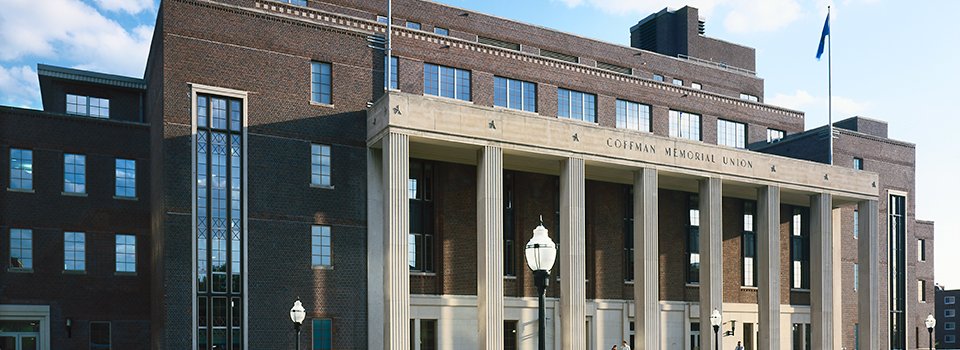Monuments, plaques, statues, names on streets or buildings have become symbolic battlegrounds of different historical interpretations and often also irreconcilable values. There are representations of the past, which help us coming to terms with the legacies of violence, while others deepen divisions further.
These fields of dispute are not restricted to the debates over removal of Confederate monuments in the US South. Minnesota recently reverted Lake Calhoun to its original Dakota name Bde Maka Ska, opting for a name that honors the first inhabitants that settled along its shores instead of the former Vice President infamous for his support of slavery. A story from last Friday’s Star Tribune highlights the important changes taking place at the Minnesota Historical Society. Once deeply rooted in telling the white colonial story, it now embraces a fuller, and thus also more unsettling, picture of the state’s history.

Here on campus, the Minnesota Student Association, the official undergraduate student government, is working on a resolution calling for a change to Coffman Memorial Union’s name after it was revealed that Lotus Coffman, a former University President, had supported anti-Semitic and racist segregation policies on campus. This dark side of the University of Minnesota’s history was a focal point of last year’s A Campus Divided exhibit, co-curated by Prof. Riv-Ellen Prell.
The US, the State of Minnesota and our University can no longer look back to their pasts and tell a heroic, one-sided or self-congratulatory story. Its constituents –citizens, students-, include those who were for long invisibilized in such accounts, and they demand representation. As a result, institutions must confront their misdeeds and shameful incidents in order to establish or maintain legitimacy. Dealing with a damaged self-image is not “erasing history,” but it is rather an opportunity to honestly facing and meaningfully engaging with it. Especially, when such revisiting of the past goes beyond purely symbolic gestures and marks the beginning of new negotiations about present conditions. Robert Katz, an employee of the University of Minnesota libraries, stated this clearly in an October 2017 Star Tribune op-ed: “the true value of history is not what it teaches us about the past, but how it informs our judgments in the present.”
Alejandro Baer is Associate Professor of Sociology and Director of the Center for Holocaust and Genocide Studies at the University of Minnesota.

Comments